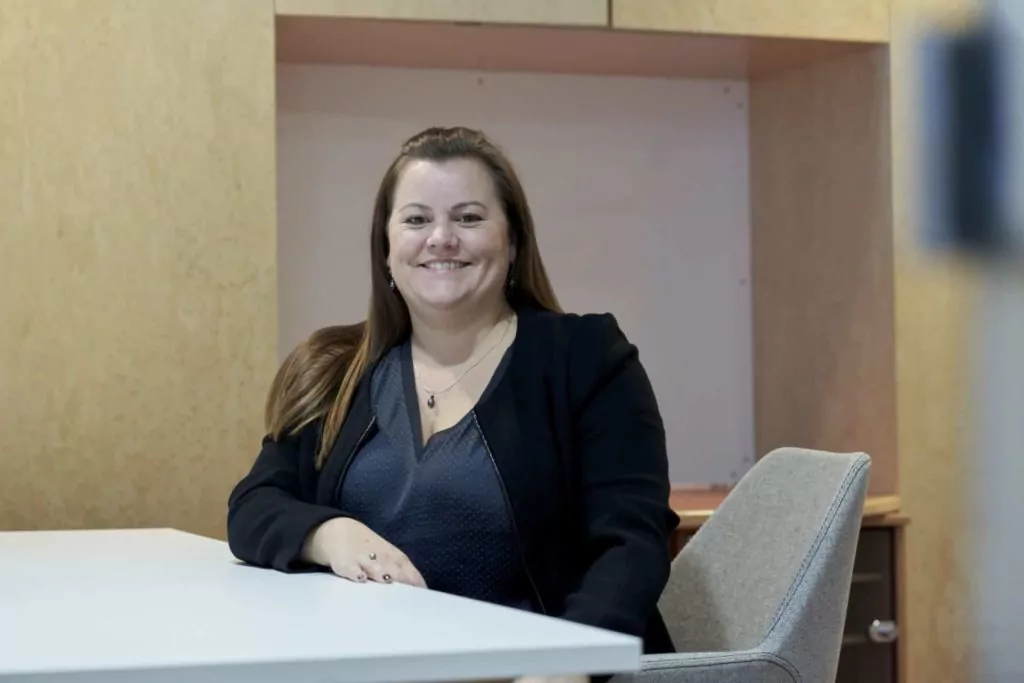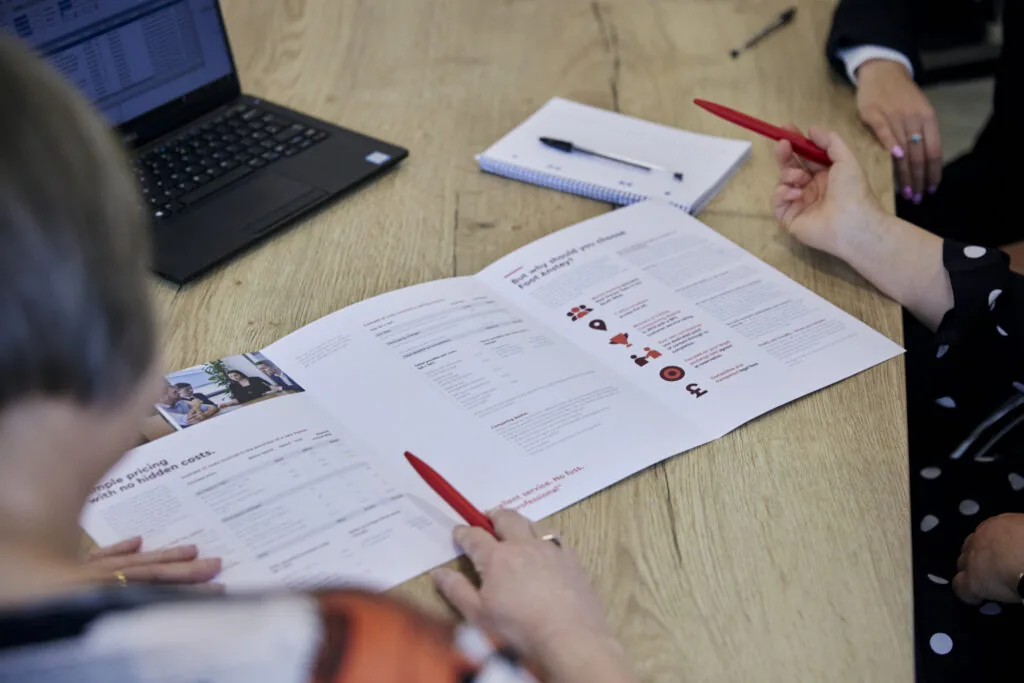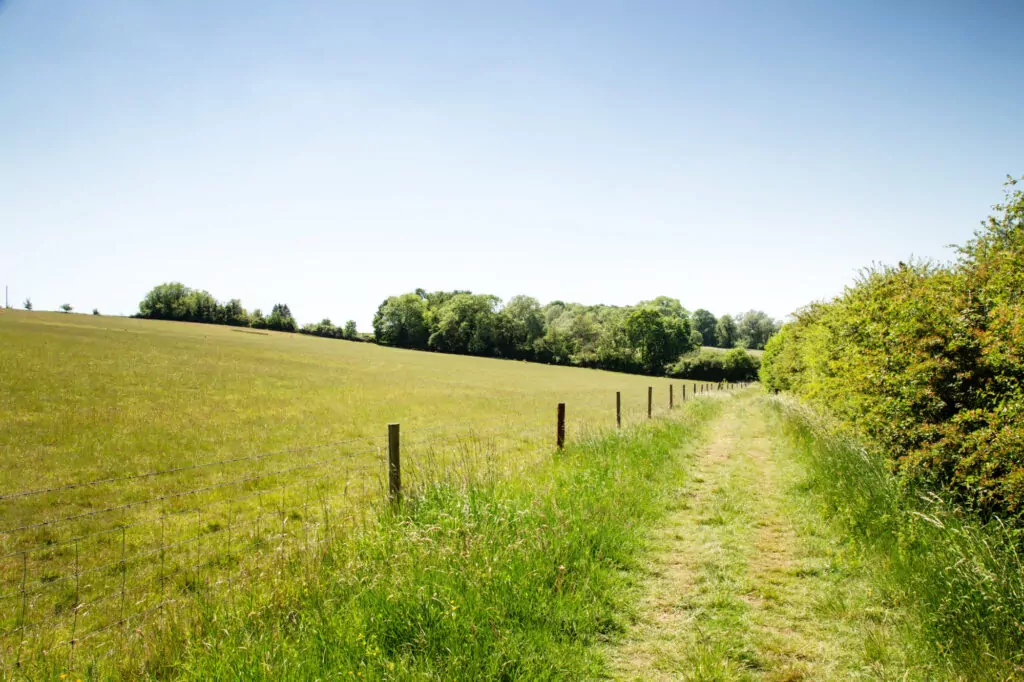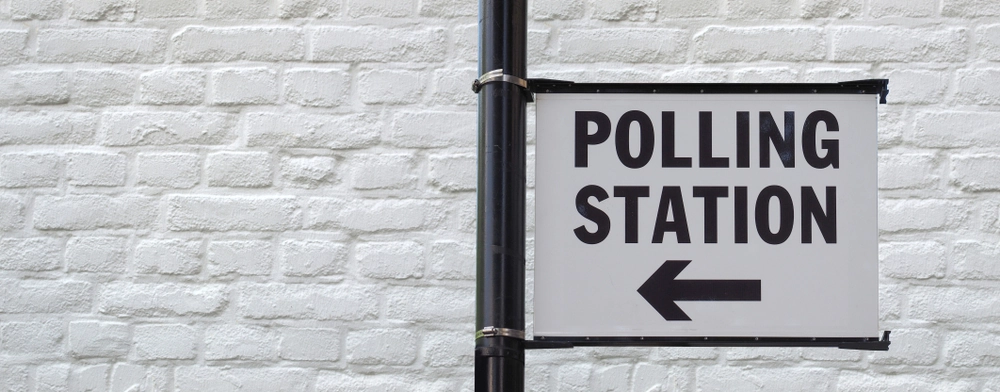Sharpe v Dyson: Background
Mr Dale passed away in 2020, just over a year after the death of his long-term partner, Mrs Dyson. In his last will, prepared by his solicitor in August 2019, Mr Dale appointed Mrs Dyson’s sister, Mrs Sharpe, as his executor and beneficiary of his residuary estate. Mrs Dyson’s sons challenged the validity of the will on the ground that Mrs Sharpe had procured it by fraudulent calumny. The sons alleged that Mrs Sharpe had made seven false representations to Mr Dale, including telling Mr Dale that they wanted to evict him from the property and wanted all of his money. Mrs Sharpe issued proceedings seeking an order pronouncing for the validity of Mr Dale’s last will.





















